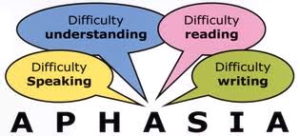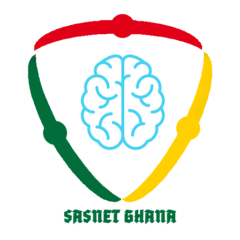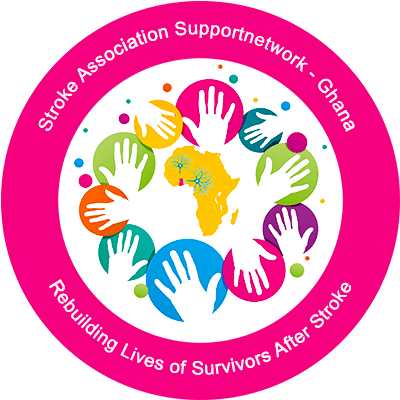WHAT COMMUNICATION PROBLEMS DO STROKE SURVIVORS OFTEN HAVE?,#3
 Ad Adams Ebenezer is a co-founder of the Stroke Association Supportnetwork (SASNET) Ghana. He is also a board of director of the World Stroke Organization.
Ad Adams Ebenezer is a co-founder of the Stroke Association Supportnetwork (SASNET) Ghana. He is also a board of director of the World Stroke Organization.
Adams has been actively involved in the testing and launching of the Post Discharge Stroke Support (PDSS) around the world, collaborating with teams from South Africa and the United States.
WHAT IS COMMUNICATION?

Communication is how we share information with each other through talking, gesturing (showing with our hands), writing or other ways, and our ability to understand that information.

WHAT COMMUNICATION PROBLEMS DO STROKE SURVIVORS OFTEN HAVE?
Stroke survivors may experience the following communication problems:
- Deafness or being hard of this may be part of getting older and isn’t always because of the stroke. The nurse at the clinic or center can make sure that there is nothing blocking the outer ear (the part we can examine), such as wax.
- Struggling to understand.
- Cannot plan speech (put the right sounds together to form words).
- Cannot find or think of the right words.
- Cannot control the muscles that help us form words, such as the tongue and jaw muscles.
- Cannot read, write or understand pictures.
- Cannot speak loudly.
HOW CAN I HANDLE THESE COMMUNICATION PROBLEMS?
When you are talking to a stroke survivor:
- Turn your face towards the person.
- Look the person in the eye.
- Stay close to the person.
- Talk slowly and clearly, especially if the person is tired.
- Use your normal voice , Do not shout.
- Repeat what you have said if the person does not understand.
- Use short sentences.
- Wait between sentences.
- Use gestures while talking (show with your hands).
- Talk about ordinary, everyday topics.
- If the person cannot speak, ask questions that can be answered with a simple ‘yes’ or ‘no’.
- If you’re not sure whether the person understood, ask him/her to repeat important information.
Reference:Center for Rehabilitation Studies Stellenbosch University
Angels Initiative


